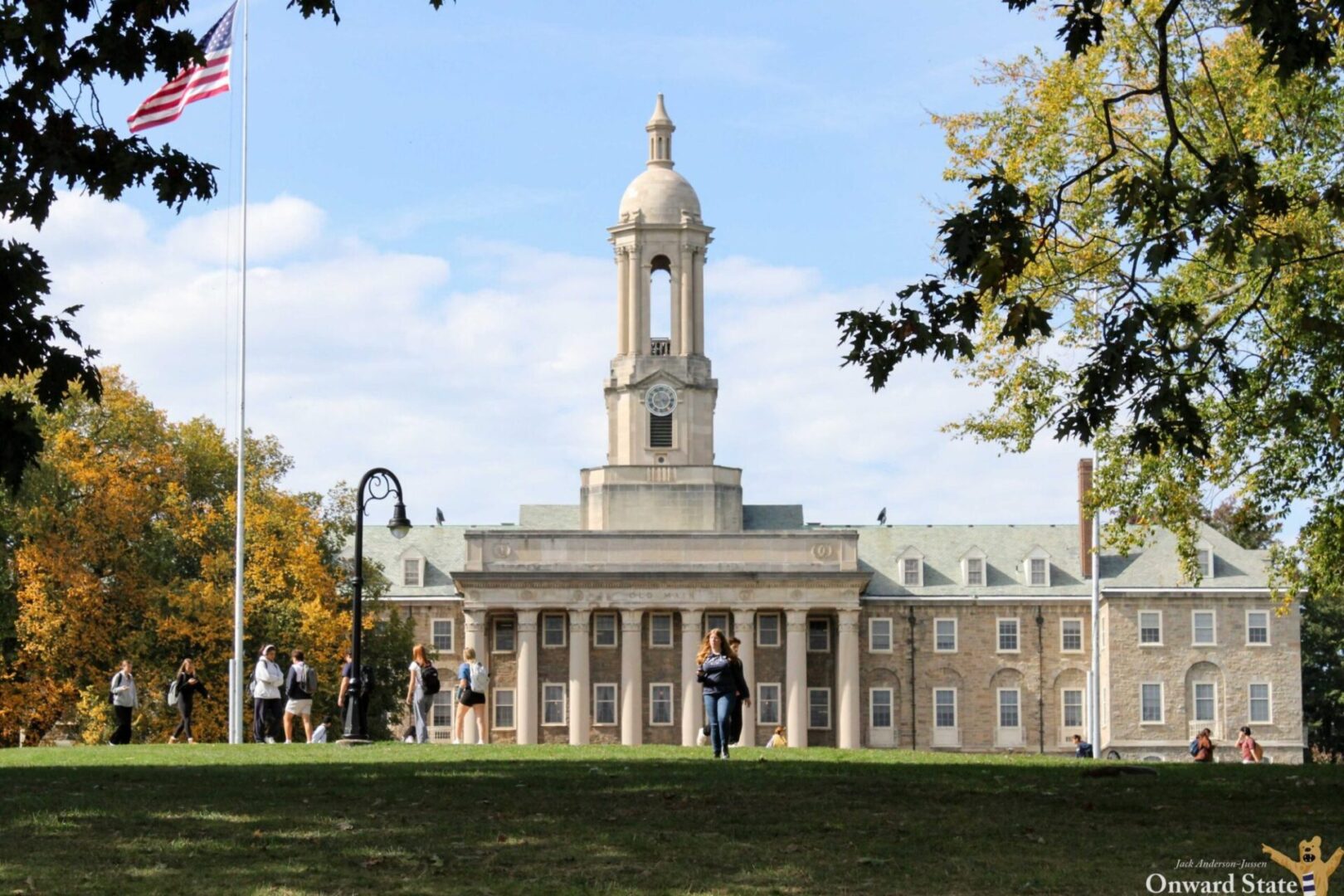More than four months after the budget deadline, the Pennsylvania House and Senate on Wednesday approved level funding for Penn State and two of the commonwealth’s three other state-related universities.
The bill was signed by Gov. Josh Shapiro on Thursday, releasing more than $640 million in higher education appropriations.
Penn State will receive a general appropriation of $242.1 million, unchanged from 2022-23 in general support, funds it uses to discount tuition for in-state students. Funding for Pitt ($151.5 million) and Temple ($158.2 million) also remains flat.
“Penn State is always appreciative of the state’s support,” university President Neeli Bendapudi said in a statement. “I am grateful funding was approved without additional delay, as these state dollars are absolutely critical to our Pennsylvania students.”
The Pennsylvania College of Technology, a subsidiary of Penn State that has its own line item in the nonpreferred appropriations bill, is slated to receive $29.9 million, a 12% increase. Lincoln University, the fourth state-related university, will get $18.4 million, a 21% increase.
Bendapudi said the university’s budget planning assumed a state funding increase of 7.1%, as proposed by Shapiro, but that it has been preparing for the possibility of flat funding, so there will be no impact on approved tuition rates
Penn State’s Board of Trustees voted in July on a two-year budget plan that freezes tuition for Pennsylvania resident students at the Commonwealth Campuses, while increasing rates at University Park by 2% for in-state students and 4% for out-of-state students for each of the two years. Out-of-state undergraduates and in-state graduate students at the Commonwealth Campuses will have a 1% increase and out-of-state graduate students will see a 2% hike.
An amended bill passed by the House at the end of October would have given Penn State a 7.1% increase for 2023-24, but would have required an across-the-board tuition freeze in 2024-25. Penn State “simply cannot support,” that amendment, a university spokesperson said at the time. The mandated freeze, according to the university, would “undermine the Board of Trustees’ authority to set tuition,” and would have effectively resulted in a $54 million cut.
That version of the bill did not come to the floor for a Senate vote.
Penn State had been holding off on a planned 3% pool to award merit-based general salary increases for employees while it temporarily redirected funds to the in-state tuition discount during the appropriations delay. With state funding approved, the university says it will now move forward with the raises.
The appropriations bill passed in the Senate 45-5 and in the House 149-54. Centre County’s three state representatives and two state senators all voted yes.
“While I am pleased that this long-overdue funding for Penn State and our other state-related institutions is finally nearing completion and the governor’s signature, I am disappointed that continued resistance from many Pennsylvania Republicans has resulted in flat year-over-year funding rather than the much-needed increase requested by the universities and supported by both the Shapiro administration and by House and Senate Democrats,” state Rep. Paul Takac, D-College Township, said.
Penn State had requested a 47.6% general appropriations increase of $115.2 million for 2023-24, an amount that would match the per-in-state-student funding received by the commonwealth’s other public universities. The university, which has requested a similar increase for 2024-25, has noted that its funding per Pennsylvania resident student is lowest among the state-relateds and among the lowest in the country.
“Today, Pennsylvania is among the least affordable states in the entire country to earn a degree due to decades of under-investment by the state legislature,” Takac said. “However, such short-sighted decisions simply shortchange our commonwealth. We can and must continue to push for better outcomes for our students and our future.”
State Rep. Scott Conklin, D-Rush Township, called the final 2023-24 appropriations bill “a compromise necessary to support students, families, employees at our state-related universities and communities across Pennsylvania.”



